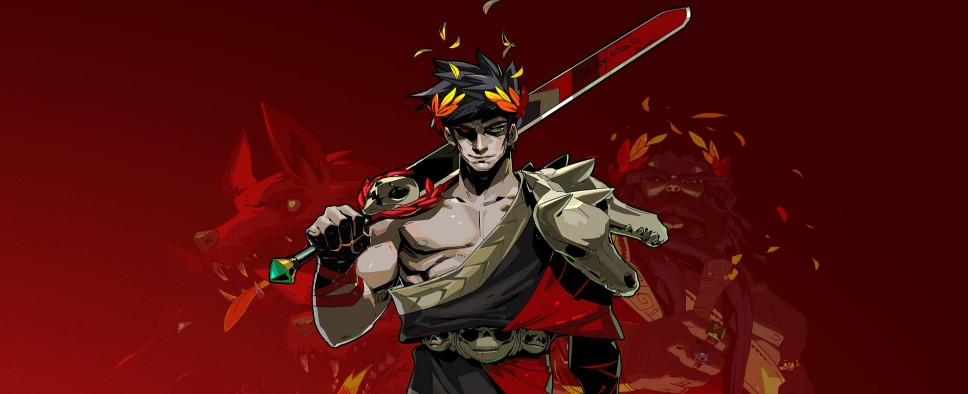Hades Review
-
Category: ReviewsHits: 11870

Article Index
Introduction
Hades is the latest offering from Supergiant Games, the team that put itself on the map with Bastion and then followed that success up with Transistor and Pyre. The game is described as a “god-like rogue-like dungeon crawler,” but what it actually is, is an isometric roguelite action-RPG inspired by Greek mythology.
Prior to its eventual release, Hades spent a couple of years in early access. And since I’m not the biggest fan of that particular release model, it took me a while to give Hades a shot, even though I’ve enjoyed every Supergiant game so far.
But having now essentially “beaten” the game, I wholeheartedly recommend it to anyone who enjoys fast-paced action-RPGs and Supergiant’s signature vibrant art style. You’ll find my reasons for that below.
Marvelous Myths
Let’s start by tackling the elephant in the room. What even is a roguelite game? In short, it’s a game that takes some roguelike elements, usually permadeath and procedural generation, and puts them into something that’s decidedly not a turn-based dungeon crawler. There’s also usually some form of persistent progression involved.
As a result of that, Hades is structured as a series of “runs.” You, as Zagreus, a mystery-shrouded son of Hades (the god, not the game), try to escape the Underworld by going through four expansive procedurally-generated floors, each ending with a boss fight. A successful run takes about 30 minutes on average, but whether you succeed or fail, in the end, you end up back in the House of Hades that acts as the game's hub.
There, you can spend some of your hard-earned currency on permanent upgrades and advance the game’s story by talking to NPCs and buttering them up with precious gifts.
The story itself is essentially a retelling of the Hades and Persephone myth. In this version, Zagreus first has to patch things up between his parents and then establish a working relationship between Hades and the Olympians.
And I’ll be honest, this overarching story was the weakest part of the game for me. Supergiant took more than a fair share of creative license when depicting the gods, heroes, and monsters you meet on your journey, and as a result, the whole thing feels more like a sitcom than anything else. Basically, if you’re someone who can watch a Marvel movie without groaning whenever they show Asgard, there’s a decent chance you’ll enjoy Hades’ story. Otherwise, you’re in for some heavy eye rolling.
On a more mechanical level, what’s also a bit annoying, is how all the characters you meet in the House of Hades are seemingly incapable of sitting still for more than five minutes. Instead, they keep moving around and having private conversations. On paper, this livens up the place and prevents things from feeling stale. But because you only get one shot at a chat after each run, this can lead to a situation where a character you need to talk to simply refuses to appear for a while.
With that in mind, what saved the game’s narrative side for me were all the bits of dialogue you get when you actually interact with stuff. This is a Supergiant game, so of course, audio design and voice acting are among its core pillars. And Hades kicks that up to a new level.
Pretty much everything in the game can result in a voice line from either the protagonist or the narrator, and the sheer variety of these lines is staggering, to the point where a boss would berate you for not dodging an attack, or your character would complain about that same boss using an annoying attack of his too many times in a row.
These little interactions create a fantastic illusion of a living world, as opposed to just a bunch of procedurally-generated content, and help sell Hades as something more than just another roguelite.

